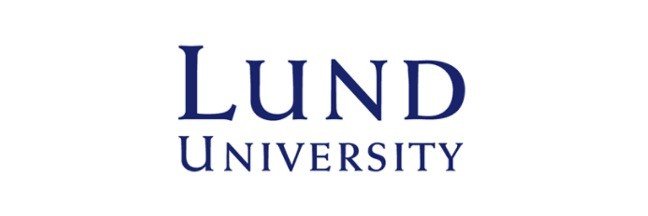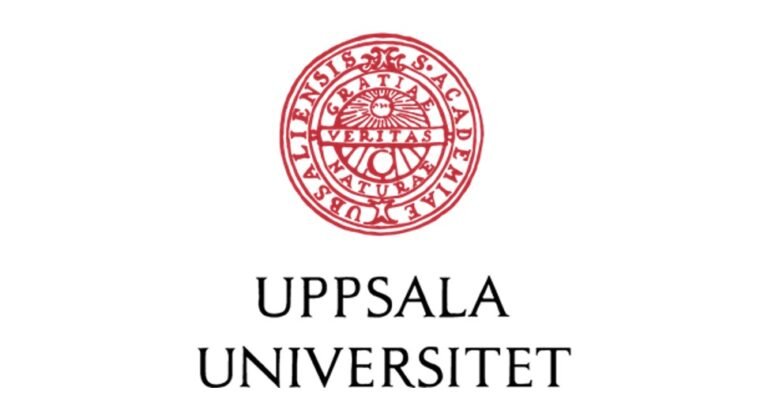Lund University was founded in 1666 and is repeatedly ranked among the world’s top universities. The University has around 47 000 students and more than 8 800 staff based in Lund, Helsingborg and Malmö. We are united in our efforts to understand, explain and improve our world and the human condition.
Lund University welcomes applicants with diverse backgrounds and experiences. We regard gender equality and diversity as a strength and an asset.
About the Research Field: Biblical Reception and Law
The postdoctoral position is part of a research environment focused on the project “Scripture and Secularism: Mapping the Impact of the Bible on Conceptualizations of Europe”, a reception critical investigation into the way uses of scripture support and challenge notions of the “secular”. The position is part of a collaboration between this research environment and the Law, Theology and Culture group at the Faculty of Law.
Large parts of the Bible are dedicated to the discussion of laws, commandments, covenants, norms, and issues of justice. Core concepts of law are often perceived as indebted to the Bible, theology and religion, such as sovereignty, representation, responsibility, justice, or mercy. Both religion and law rely heavily on ritual practices and public displays of authority.
Applicants are invited to submit a proposal for a research project that clearly contributes to studying this intersection between biblical studies and legal studies in contemporary society. The project could, for example, examine issues such as the use of the Ten Commandments in public debates and spaces, the role of Bibles in courts of law, or the relationship between biblical texts and contemporary legal terms and concepts. We also welcome proposals related to other sites of interaction between biblical reception studies and law.
The postdoctoral position is placed at the Centre for Theology and Religious Studies (CTR).
Work duties and areas of responsibility
You will work on your own proposed project in collaboration with colleagues in the fields of biblical reception and law. You will be assigned mentors from both of these research environments.
In addition to your own research project, you will engage in research administration tasks such as organising seminars and conferences. Together with colleagues in law and biblical reception, you will also establish contacts and build national and international collaborations.
You are expected to actively participate in the research environments through involvement in research seminars and other research-related activities at the Centre for Theology and Religious Studies (CTR) and the Faculty of Law. The duties require regular presence at the workplace.
Teaching, supervision and other teaching-related duties may be involved within the framework of the position, but for not more than 20% of working hours.
Qualifications
Qualification requirements
- You are to have completed a Ph.D. or an international degree deemed equivalent in biblical studies, biblical reception, theology, religious studies, law, or related fields with relevance to the study of biblical reception.
- You are to have completed a Ph.D. or an international degree deemed equivalent. This requirement must be fulfilled no later than the date when the employment decision is made, and as an applicant, you are responsible for supplementing your application with documentation that confirms the completed doctoral degree. The supplement should be emailed to Hege Irene Markussen | Centre for Theology and Religious Studies. The position is a career development post, and its purpose is to act as an initial step on a career path. The candidate most likely to come into question is one who has completed a doctoral degree no more than three years prior to the application deadline. If there are special circumstances such as leave of absence because of illness, parental leave, position as elected representative in trade union organisations, military service or service/assignments relevant to the subject area, this time can be deducted from the time elapsed since the doctoral degree was completed.
- Advanced proficiency in English and sufficient proficiency in languages relevant to the proposed research project.
Assessment criteria
- Good ability to develop and carry out high-quality research.
- Teaching skills.
The main criterion for a postdoctoral fellowship is research expertise. Only applicants whose research plan and earlier work can strengthen the research environment will be considered for employment as a postdoc. If you have undergone teaching and learning in higher education training equivalent to two weeks in accordance with the Association of Swedish Higher Education Institutions’ recommendations, you are deemed to have teaching skills. If the person appointed does not possess this, or equivalent training, and if teaching is part of the work duties, such training is to be offered within the framework of the position.
Desired qualifications
- Documented ability to work with biblical reception in interdisciplinary contexts
- Documented experience of organising academic conferences
- Documented experience of participating in interdisciplinary and international research collaborations.
Terms
The appointment is limited to two years and is full time in accordance with the “Agreement regarding fixed-term employment as a postdoctoral fellow”, collective agreement made between Swedish Agency for Government Employers and OFR/S, Saco-S, on 19 November 2021.
Lund University is a public authority which means that you receive specific benefits, generous annual leave and an advantageous occupational pension. Read more about being an employee at Lund University on the University website Work at Lund University | Lund University.
How to apply
Your application should be written in English.
As part of your application, you are to attach a research plan. Your research plan should relate to the research field described above. In addition to the research plan, you should also attach your doctoral dissertation.
You will find further instructions here: How to apply for a postdoc position at the Joint Faculties of Humanity and Theology | The joint faculties of humanities and theology
About The Joint Faculties of the Humanities and Theology
The Joint Faculties of the Humanities and Theology have eight departments and carries out large and varied work within research and education with the purpose to understand people as cultural and social beings. The faculties have around 700 employees and around 4000 students.
The Centre for Theology and Religious Studies (CTR)
The Centre for Theology and Religious Studies (CTR) has existed under various names in Lund ever since the University became operational in 1668. CTR conducts teaching in the specialisations of history of religions and religious behavioural science, biblical studies, church and mission studies and studies in faith and world views. Research is carried out within all the disciplines of religious studies and theology.
We kindly decline all sales and marketing contacts.










